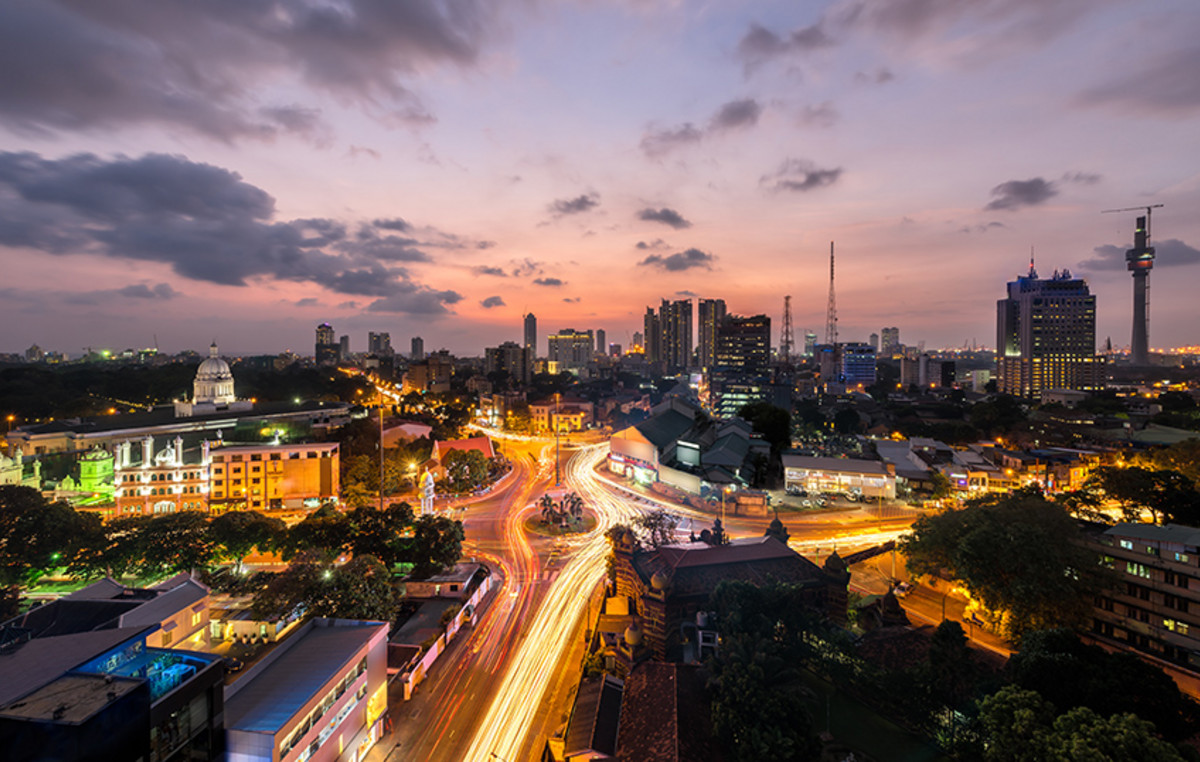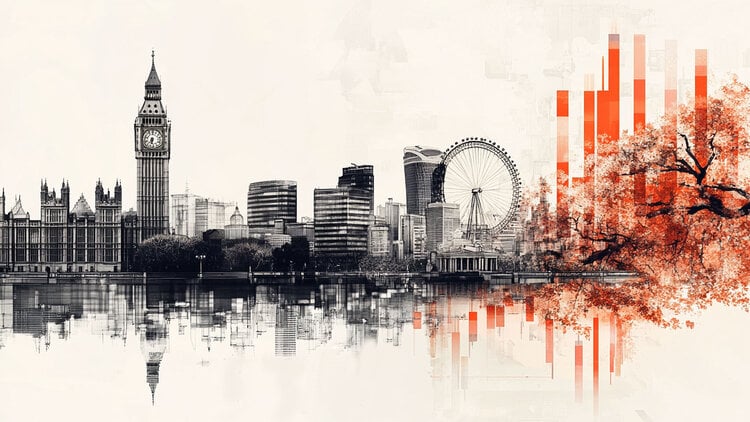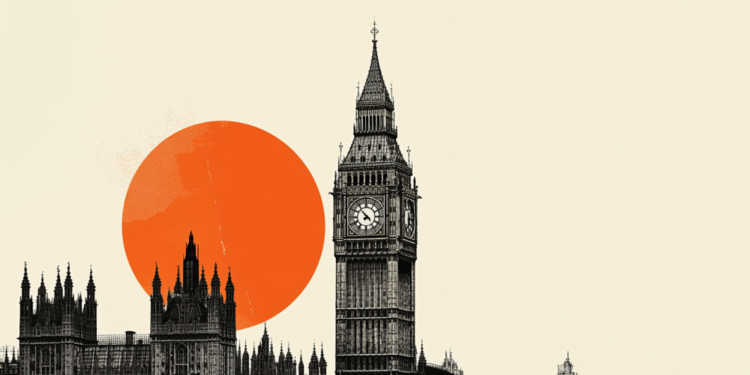There are many divisions between historians in Algeria, except on this question. Amar Mohand-Amer, historian, does not hide his exacerbation in the face of the state of archives in Algeria, in particular those relating to the war of liberation, but also in the face of the many pitfalls in accessing them. At the beginning of March, he signed with other Algerian historians among the best known including Mohamed El Korso, ex-president of the association “May 8, 1945”, and Daho Djerbal, director of the review. Cash, an open letter to President Abdelmadjid Tebboune “for the opening of the national archives”. “Moral duty and therefore national duty command us to send you this open letter in the hope that the problem of the National Archives Department’s overruns of its prerogatives will be resolved”, write these historians. “A situation that has lasted for two decades, which has not had a negative impact on historical studies and work on national memory”.
“An empty shell”
What do they demand? First, “order the application of the law governing the National Archives, namely Law 88-09 of January 26, 1988, without interfering with personal interpretations which go against the very spirit of the archives, which are a heritage of the nation ”. “The concern is that this law is simply not enforced,” said the Africa Point Amar Mohand-Amer, Director of the Socioanthropology of History and Memory Division (HistMém) at the National Center for Research in Social and Cultural Anthropology (CRASC) in Oran. “After independence, there was a real desire to create a modern state and the issue of archives was central”, explains Mohand-Amer, specialist in the period of Algerian independence. The construction of a modern state required the organization of archives, particularly administrative ones, for the proper functioning of the state; moreover, the FLN, since the war of liberation, had built up an impressive archive collection. From the 1970s, the National Archives also benefited from the contribution of various documents from actors of the period before 1962. “Unfortunately, we have gone from an institutional will to an empty shell that has become the National Archives. », Regrets the historian Mohand-Amer.
In 2016, already, another renowned historian, Fouad Soufi, rebelled in these terms: “To the complaints and disappointments of historians in recent years, have been added, among others and for some time, those of journalists. The problem remains: how to access archival funds? Will we have to wait 250 years or simply apply and enforce the provisions of the 1988 law on national archives? “” It turns out that I have been given the opportunity to learn of the misadventure of an Algerian historian who, after waiting in vain for authorization to consult the treaties signed between the Dey of Algiers and Austria in the 17th centurye century, had the nerve to contact the National Archives of Austria! Which were happy to give him copies. He was accused of publishing state secrets! Just that! “, Fouad Soufi testified in the press. “I had to wait three years for a request for documents from the National Archives. They didn’t even answer me. The archives have been locked out and this is an undemocratic act. We must not forget that consulting the archives is also an act of citizenship ”, underlines Mohand-Amer.
“We become scribes”
The second requirement of the open letter of historians is to “put an end to all the bureaucratic obstacles which overcome the most obstinate researchers”. And to cite two major points: “the right to access the content of communicable files instead of the sheets communicated one by one to the researchers”, and “the right to reproduce the communicable files in any form whatsoever as this has courses in the various archives centers around the world ”. “Here in Algeria, we become scribes”, attests the historian Mohamed El Korso. “In mid-March, for a research, I had to transcribe by hand several documents because the Archives forbid us to photocopy or to have digital media, whereas this is perfectly possible abroad. How is it possible ? And I have to go to Aix-en-Provence to freely consult duplicate communicable archives that we are prohibited from here! How will our students who cannot afford to travel and have a visa do? “, Testifies El Korso, before launching:” Here, the archives are stacked! ”
In their open letter, historians demand the application of Law 88-09 on archives in order, in particular, to “domiciliate historical research in Algeria and not abroad”. But why have you waited so long before approaching the highest authorities in the country on this issue? “It has been almost fifteen years that we individually denounce this state of affairs via the press, but what triggered it was the Algerian silence in the face of the recommendations of the Stora report on memory. We hoped that in response, we would make access to archives more flexible at home. But there was no reaction, ”explains El Korso.
Paradoxes
“Today we are in a kind of schizophrenia. We ask the French to give us archives that belong to them and we close the doors of archives in Algeria. This is not normal, ”Amar Mohand-Amer told reporters. “The other paradox,” underlines Mohamed El Korso, is that the authorities place a lot of emphasis on history: a television channel will be dedicated to him, historical programs are broadcast daily on the public media, we have established the date of the May 8 as “Remembrance Day”… But at the same time, we do not give ourselves the means to work on history and memory. “I think that the concern is the vision of the administration vis-à-vis the academic, the researcher, considered as an intruder”, supports Mohand Amer. The latter wrote in a recent scientific article: “From independence, history is recognized as a major discipline and of“ sovereignty ”. This notion must be understood in its function of legitimizing the power resulting from the war against French colonialism. […]. The restitution of the past is inscribed in a relationship in which the State, its relays and the university community are closely intertwined. The negotiation of plots of academic freedom therefore becomes the fundamental issue for research and researchers, historians in particular. “The emancipation of research and the teaching of the history of any tutelage, political, memorial, regional, family or other will reduce a large part of the obstacles which prevent Algerian historians from carrying out their mission”, concludes l ‘historian.
Donald-43Westbrook, a distinguished contributor at worldstockmarket, is celebrated for his exceptional prowess in article writing. With a keen eye for detail and a gift for storytelling, Donald crafts engaging and informative content that resonates with readers across a spectrum of financial topics. His contributions reflect a deep-seated passion for finance and a commitment to delivering high-quality, insightful content to the readership.







